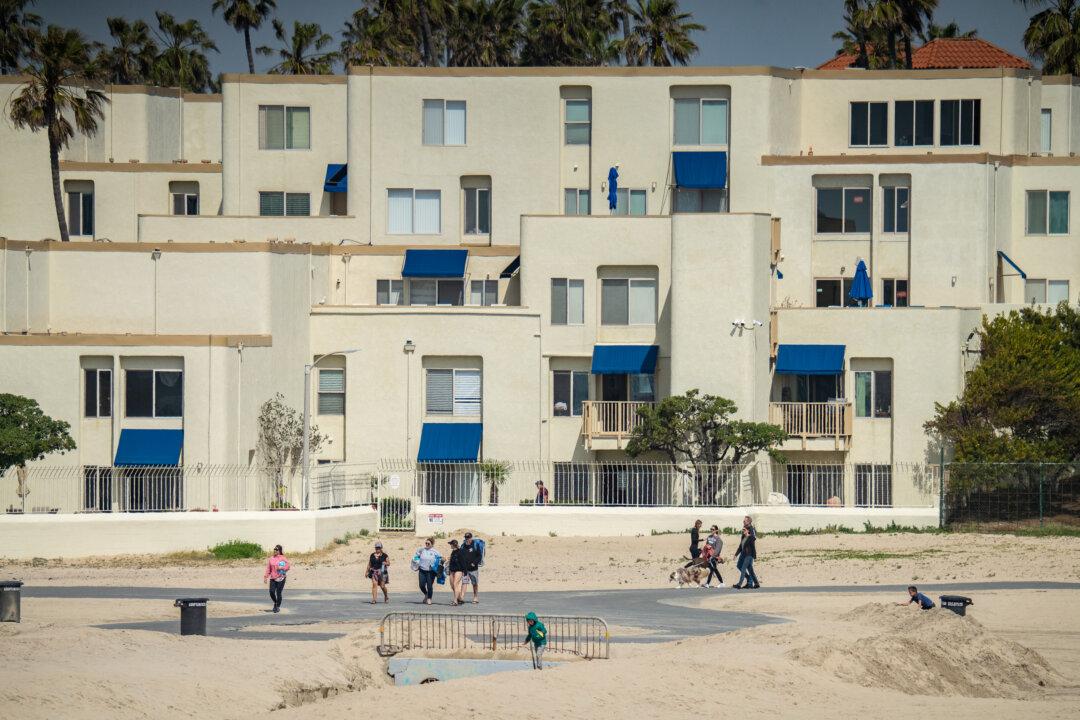A revised California law that allows for the streamlined approval of certain affordable or multifamily housing projects will now allow for such to be built in coastal and fire zones in cities without an approved state-mandated housing plan, after the passing of Senate Bill 423 in October.
“California desperately needs to ramp up housing production, and the Governor’s action today helps put us on a path to achieve that goal,” said Assemblyman Scott Wiener (D-San Francisco) in a statement on the day the governor signed the measure. “The era of saying no to housing is coming to an end. We’ve been planting seeds for years to get us to a brighter housing future, and today we’re continuing strongly down that path.”





